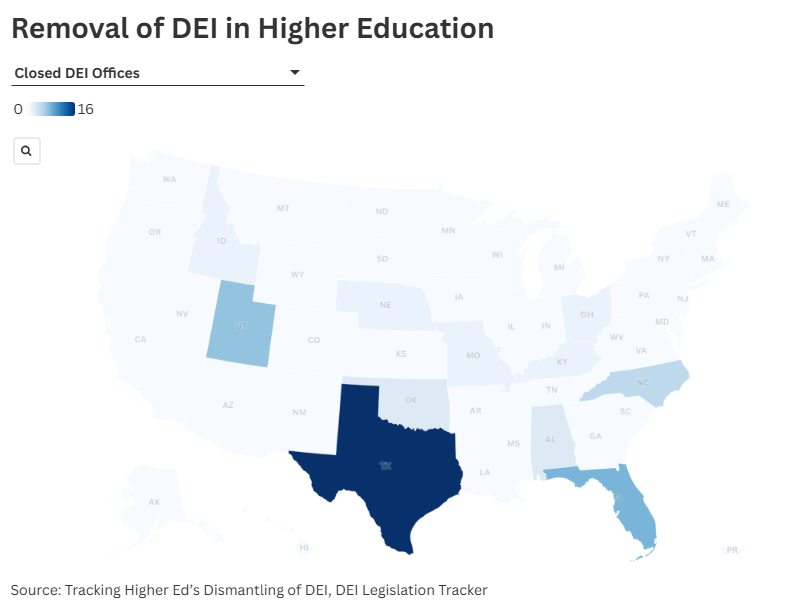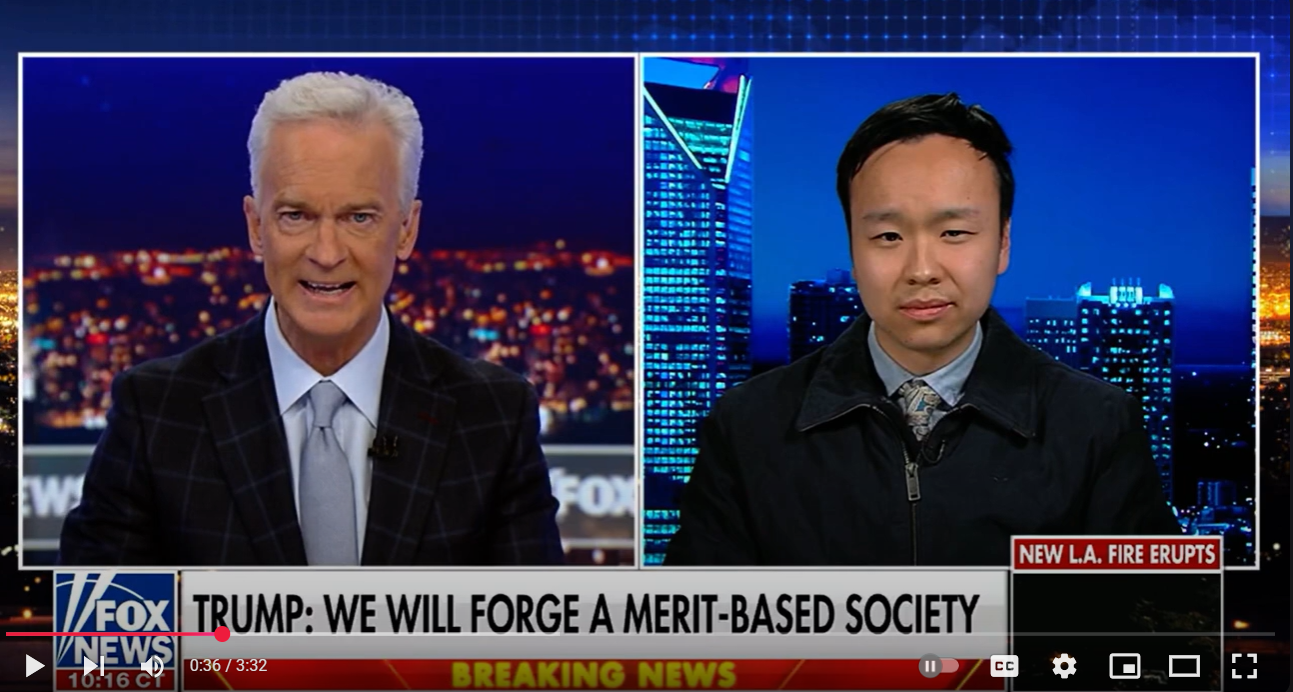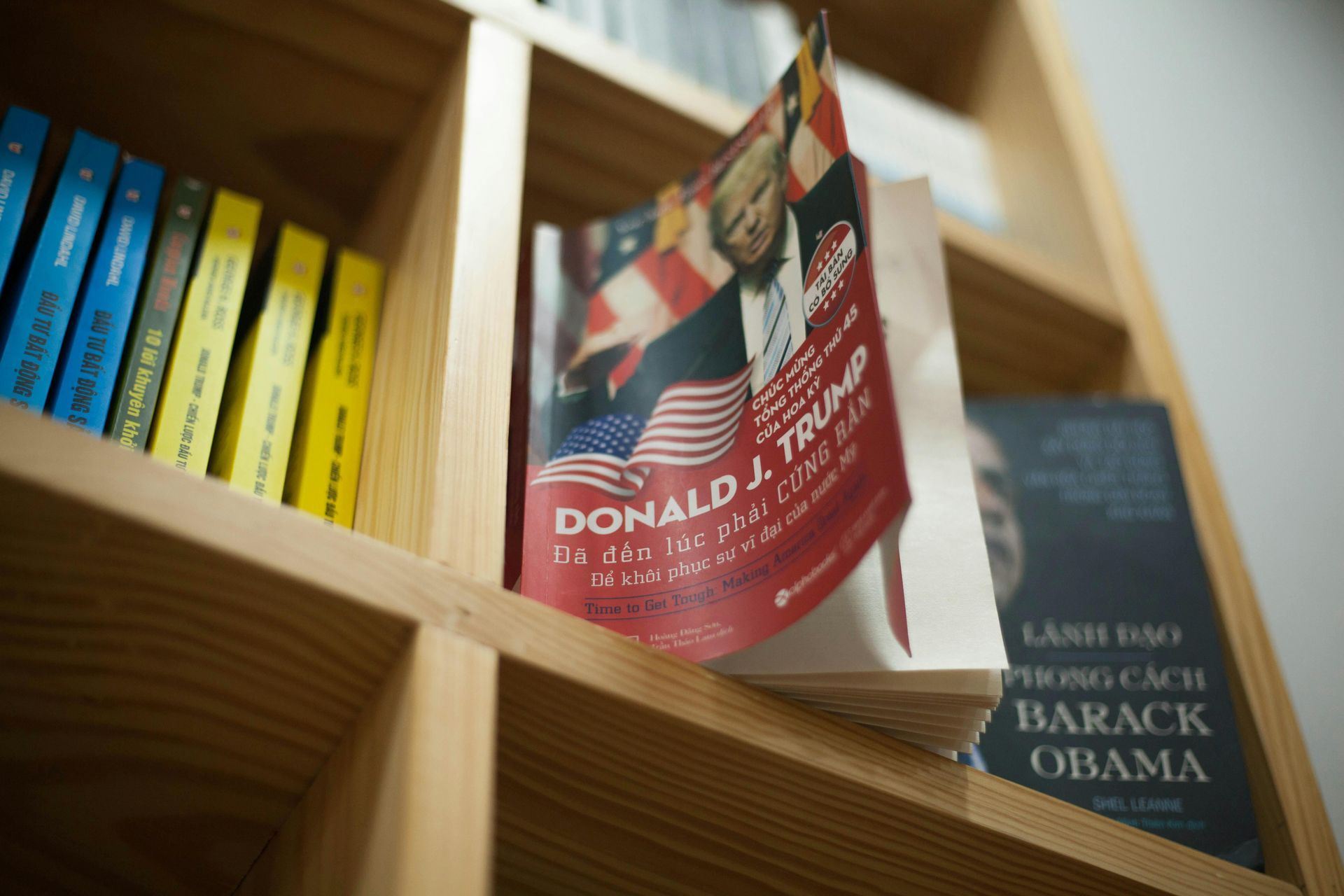Contact Us
Phone:
Email:
Location:
1234 Street Name, City, State 12345
Hours:
Mon - Fri 8am to 4pm
Alumni groups ask Supreme Court to take up case challenging bias response teams

By Jennifer Kabanny
The College Fix
September 25, 2023
Free speech alumni groups have asked the Supreme Court to take up a case that seeks to render campus bias response teams unconstitutional.
Several members of the Alumni Free Speech Alliance recently filed a petition for a writ of certiorari on behalf of Speech First, which sued Virginia Tech over its bias response team but lost the case at the Fourth Circuit Court of Appeals in May.
Attorneys for the Alumni Free Speech Alliance argued the case is too important to let the Fourth’s ruling stand — especially given that other circuits have ruled against bias response teams, creating the need to resolve the splits and “set one common standard for First Amendment rights across the country.”
“The situation at Virginia Tech is not unique. Over the past decade, under a variety of names, bias response systems have exploded onto campuses across the country,” the petition states. “This is neither a passing fad nor an example of a single, outlier university. Thus, whether bias response systems chill constitutionally protected speech is of significant national importance and justifies a claim on the Court’s time.”
The petition cites reporting done by The College Fix in the spring regarding Maxient, a company that manages more than 1,300 higher education institutions’ student behavior records, including bias reports.
“When it comes to bias response systems, it does not matter that the people administering such systems cannot directly sanction students; the process is the punishment,” the petition states. “This is particularly true where, as in many cases, bias response systems create secret or semi-secret records that students reasonably fear could impact their ability to obtain letters of recommendation, get jobs or promotions at their university, or get them labeled as troublemakers.”
“…Students may reasonably fear that bias response reports may have an adverse impact on all manner of future university activities, from obtaining letters of recommendation or jobs to increasing the risk and severity of collateral disciplinary proceedings.”
In the Fourth Circuit’s ruling, the majority argued that because Virginia Tech’s bias response system does not directly punish students, who are only asked to participate in the re-education process, they are not unconstitutional.
But the petition frequently cites the dissent in the Fourth Circuit’s 2-1 ruling by Judge J. Harvie Wilkinson III, who pointed out that when “the stated goal of the bias response team is to ‘eliminate’ bias, we are faced not with a gentle effort to convince students to be unbiased but with a systemic effort to coercively drive out views that strike administrators the wrong way.”
The petition argues the case “presents important and urgent questions that should be addressed now. Bias response systems serve as de facto speech codes that permit administrators to chill free speech based on their own biases and subjective interpretations of what constitutes ‘bias.'”
The members of the Alumni Free Speech Alliance that have petitioned the Supreme Court are: the University of California Free Speech Alliance, the Cornell Free Speech Alliance, Davidsonians for Freedom of Thought and Discourse, the Generals Redoubt, Harvard Alumni for Free Speech, the Jefferson Council for the University of Virginia, the MIT Free Speech Alliance, Princetonians for Free Speech, and the UNC Alumni Free Speech Alliance.
Alumni groups ask Supreme Court to take up case challenging bias response teams | The College Fix

Email:
Contact@dftdunite.org
Mailing Address:
PO Box 355
Davidson NC, 28036
Location:
Office Only - DO NOT MAIL
209 Delburg Street, Suite 107
Davidson, NC 28036
© 2022 All Rights Reserved | Davidsonians for Freedom of Thought and Discourse
Privacy Policy | Terms & Conditions | Disclaimer
Website powered by Neon One


